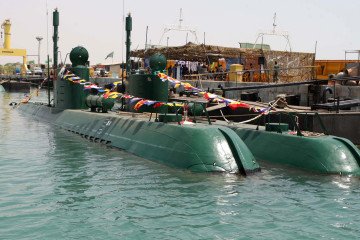Syrian rebels announced the ouster of President Bashar al-Assad following their capture of Damascus on Sunday, ending over two decades of authoritarian rule. The swift developments have shifted the region’s political landscape, impacting key foreign actors such as Russia and Iran, long-time supporters of the Assad government.
According to Reuters, the Syrian military command informed officers that Assad’s regime had officially ended. The rebels’ rapid advance, spearheaded by the Islamist group Hayat Tahrir al-Sham (HTS), resulted in the collapse of government strongholds in Homs, Hama, and the countryside around Deraa.
Reports indicate Assad left Damascus by plane earlier Sunday for an undisclosed location. Flightradar data showed the aircraft deviated from its initial route toward Syria’s coastal regions before disappearing from radar. The fate of the president remains unconfirmed.
Transitioning Governance and Regional Implications
In a statement, the Syrian rebel coalition announced efforts to establish a transitional governing body with full executive powers. “The great Syrian revolution has moved from the struggle to overthrow the regime to building a new Syria that honors the sacrifices of its people,” the coalition stated.
Prime Minister Mohammad Ghazi al-Jalali called for free elections to allow Syrians to decide their political future, signaling potential cooperation with rebel leaders to ensure stability during the transitional period.
Observers note the implications for international relations, particularly for Russia and Iran, whose regional influence has been significantly diminished by the developments. Western governments are expected to weigh their engagement with a new Syrian administration that includes HTS, a group with roots in al-Qaeda, though its leader severed ties with the organization in 2016.




-1c91e31ae6d87f29e0d7d16254e7af67.jpg)
-c439b7bd9030ecf9d5a4287dc361ba31.jpg)

-111f0e5095e02c02446ffed57bfb0ab1.jpeg)

